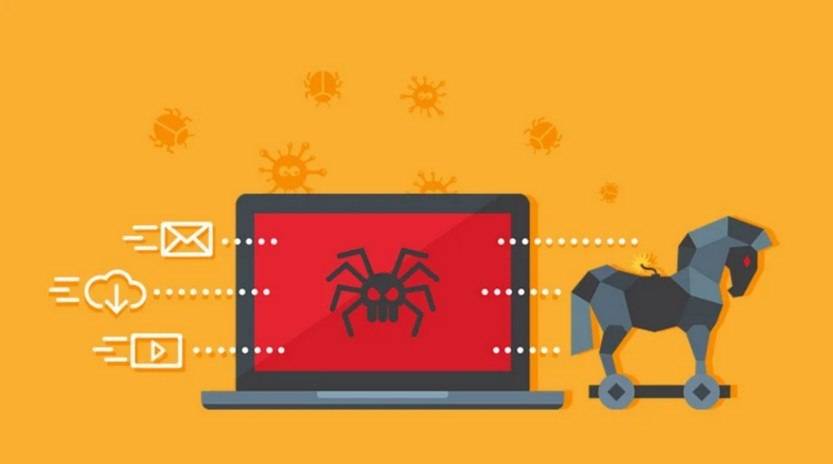If you have received a phone call from someone claiming to be Officer Sarah Smith from the legal department, you might be wondering what it is all about and what you should do. In this blog post, we will explain how the Officer Smith scam phone call works, why it is a scam, and how you can protect yourself from falling victim to it.

What is the Officer Smith Scam Phone Call?
The Officer Smith scam phone call is a type of fake scam, where scammers pretend to be from a government agency or a law enforcement authority to trick you into giving them money or personal information. According to Reddit users and YouTube videos, the scammers use a recorded message or a text-to-speech software to call potential victims and say something like this:
“This is Officer Sarah Smith calling you from the legal department. The very second you receive this message, you need to leave your work aside so that we can discuss your case and take necessary action on this matter. In order to connect to a federal agent, press one and you will be connected to the concerned department. If we don’t hear from you, then we will be forced to take legal action against you. Press one and you will be connected to the concerned department.”
The scammers may also use different names, such as Officer Sarah Jones or Officer Sarah Schultz, and different departments, such as the Social Security Administration or the U.S. Customs and Border Protection . The scammers may also claim that illegal items were shipped in your name and have been intercepted, or that a warrant is out for your arrest.
How The Scam Works
The goal of the scammers is to scare you into believing that you are in serious trouble and that you need to act quickly to avoid legal consequences. If you press one or call back the number they provide, they will try to convince you to pay a fee or a fine using cryptocurrency, gift cards, or wire transfers, or to share your Social Security number, bank account number, or other personal information. They may also threaten you with arrest, deportation, or lawsuits if you don’t comply.
The scammers may use spoofing technology to make their phone numbers look real or match the area code of your location. They may also use fake names, badges, or case numbers to sound more convincing. However, these are all signs of a scam.
What to do if you have fallen victim
If you have received the Officer Smith scam phone call, here are some steps you can take to protect yourself:
- Do not press one or call back the number they provide. Hang up immediately and block the number if possible.
- Do not pay any money or share any personal information with the callers. If you have already done so, contact your bank, credit card company, or other financial institution as soon as possible and report the fraud.
- Report the scam call to the Federal Trade Commission (FTC) at ReportFraud.ftc.gov or by calling 1-877-FTC-HELP (1-877-382-4357).
- Report the scam call to your local police department or state attorney general’s office.
- If the caller claimed to be from a specific government agency, contact that agency directly using their official website or phone number and verify if they have contacted you.
Conclusion
The Officer Smith scam phone call is a common and dangerous fraud scheme that targets unsuspecting people across the country. Do not fall for their lies and intimidation tactics. Remember that no legitimate government agency or law enforcement authority will ever call you out of the blue with promises of money or threats of legal action. Always verify the identity of the caller before giving them any information or money. Stay alert and stay safe.


![Remove Popsmartblocker.pro Pop-ups [Virus Removal Guide] 6 McAfee scam 4](https://malwaretips.com/blogs/wp-content/uploads/2023/08/McAfee-scam-4-290x290.jpg)
